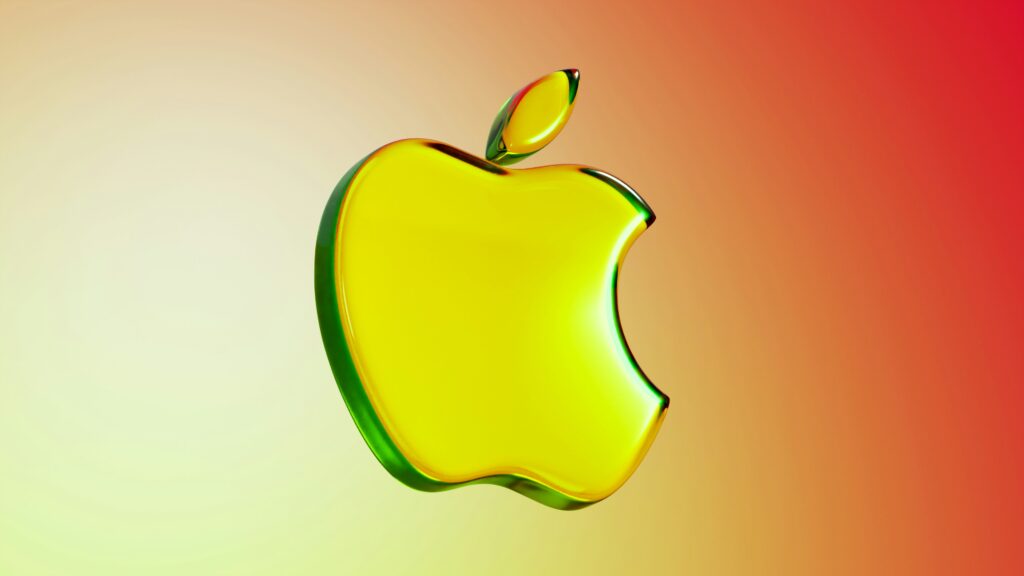Strong iPhone demand lifted Apple’s revenue in the three months ending in September, closing the fiscal year with record profits. The company exceeded most financial expectations despite trade tensions and competition in artificial intelligence.
Apple attributed its strong performance to high initial demand for the iPhone 17 line-up, launched last month. “Apple proudly reports a September quarter record of $102.5 billion, with all-time highs in iPhone and Services revenue,” said CEO Tim Cook.
Fueled by iPhone success, Apple earned $27.5 billion (€23.8bn), almost twice last year’s profit. Shares jumped 2% in after-hours trading following the announcement.
Although the iPhone 17 lacks AI tools found in Samsung and Google devices, Apple redesigned its models with a sleek “liquid glass” display. The company kept prices steady despite tariffs on US-bound products from factories in India and China. The tariffs cost Apple $1.1bn (€950m) this quarter and may reach $1.4bn (€1.2bn) next quarter.
Apple’s strategy paid off with $49bn (€42.4bn) in iPhone sales between July and September, a 6% rise from last year. Analysts had predicted 8% growth, lower than the 13% rise recorded in the previous quarter.
Ben Barringer, Quilter Cheviot’s global head of technology research, noted that “Mac sales climbed 12%, while iPhone sales grew 6%. But iPad and wearables stayed flat.” He said weak demand in China reduced overall sales by 4% because of forecasting errors and supply issues.
IDC estimated that Apple sold 58.6 million iPhones worldwide in the July-September period, second only to Samsung’s 61.4 million Android devices.
Apple ended the fiscal year with record net income of $112 billion (€96.8bn), up 20% year-on-year.
iPhone 17 Expected to Drive Strong Holiday Sales
During a call with analysts, Tim Cook predicted continued strong iPhone 17 demand through the holiday season. Apple expects iPhone sales to rise at least 10% compared with last year’s holiday period. Chief financial officer Kevan Parekh forecast similar total revenue growth.
Barringer commented, “Apple’s Q1 guidance of 10–12% revenue growth looks solid heading into the key Christmas season, supported by iPhone 17 demand.”
Investors Weigh Apple’s AI Prospects
Apple’s stock surged after IDC’s report hinted at record iPhone sales, pushing its market value beyond $4 trillion for the first time. Investors now anticipate another peak when markets open on Friday.
However, Apple still trails competitors in the AI race, while Nvidia’s chips dominate the sector and recently pushed its valuation past $5 trillion. Apple promised a range of AI features for last year’s iPhones but delivered only a few. The upgraded Siri, a key missing feature, will not arrive until next year.
Barringer questioned Apple’s short-term appeal, saying, “With uncertainty in China and faster growth at Microsoft and Nvidia, some investors may look elsewhere.”
Still, Apple has a history of late but successful technological shifts. Analyst Dan Ives of Wedbush Securities said, “If Apple fully integrates advanced AI on iPhones, it could add $1 trillion (€860bn) to $1.5 trillion (€1.3tr) in market value, raising shares by $75 to $100 each.”


